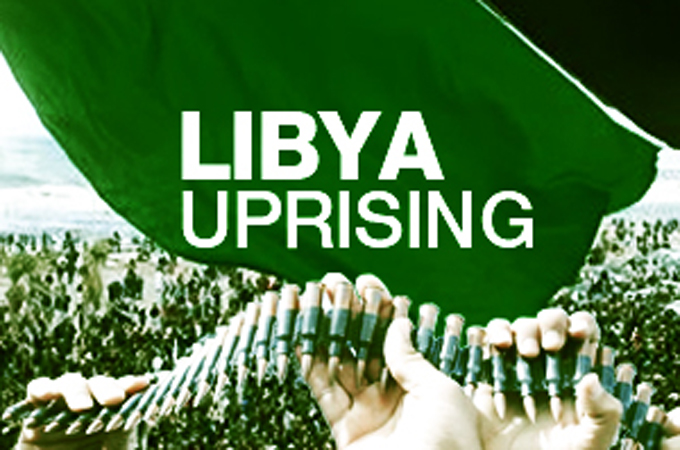NATO ducks apology over Libya rebel deaths
NATO concedes alliance air attacks “may have caused” the deaths of rebel fighters in tank strike outside Brega.

|
NATO’s secretary-general tells Al Jazeera he regrets loss of life in incident near Brega but says progress is being made |
The deputy commander of NATO’s operations in Libya has said he is “not apologising” for two air strikes which “may have led to the deaths” of a “a number of” opposition fighters outside the town of Brega.
Rear Admiral Russell Harding said in a press briefing on Tuesday that the situation on the ground had been “very fluid” when the strikes were launched a day earlier.
He said tanks had been moving in different directions and that it was difficult to distinguish who was operating them.
 |
“Until this time, we had not seen the TNC [Transitional National Council] operate tanks,” he said.
General Abdelfatah Yunis, the rebel commander, said in Benghazi that four people – two fighters and two medics – were killed in the attack, 14 wounded and another six people were missing.
He said it was friendly fire, “carried out in error by NATO,” adding that the rebels had informed NATO that they were moving T55 and T72 heavy tanks from Benghazi to Brega.
He said the rebels still have 400 tanks and will get more.
Elsewhere in the country Libyan government troops have advanced on the besieged town of Misurata, sparking street battles with rebels.
“They tried to advance and enter the city from the eastern side, from an area called Eqseer which is a populated area,” Hassan al-Misrati, a rebel fighter, told the Reuters news agency.
“The rebels confronted them and clashes are continuing,” he said>
Groups of fighters and civilians have also fled from the eastern town of Ajdabiya on Thursday, following the NATO air strikes.
Libyan state television claimed that forces loyal to longtime leader Muammar Gaddafi had entered Ajdabiya, but residents said they could see no sign of them.
NATO took command of the air operation last week after American, British and French air strikes halted Gaddafi’s troops from advancing on Benghazi.
Turkish ‘roadmap’
The rebel setback came as the Turkish government suggested a “roadmap” towards a negotiated end to the conflict, which began when peaceful protests against Gaddafi’s 41-year regime broke out across the nation on February 15.
Prime Minister Recep Tayyip Erdogan said Gaddafi should halt his attacks on cities and withdraw his forces, and that a “comprehensive democratic transformation process that takes into account the legitimate interests of Libyan people should start immediately.”
 |
| Click here for more of our special coverage |
US General Carter Ham, the head of Africa Command, said in Washington DC that it was unlikely rebel forces could push Gaddafi out themselves.
Asked at a Senate hearing about the chances that the opposition could “fight their way” to Tripoli and replace Gaddafi, Ham replied: “Sir, I would assess that as a low likelihood.”
His comments underscored growing concern in Washington and European capitals that the conflict is heading towards a stalemate, with Gaddafi firmly in control in Tripoli and badly organised rebels unable to turn the tide even under the cover of NATO-led air power.
Rebels say they need to buy more high-powered weaponry from abroad and would welcome foreign trainers to help them teach fighters how to use them, but so far no countries have acknowledged that they will sell weapons to the rebels.
On Thursday, however, General Younes said publicly for the first time that Qatar had provided the rebels with anti-tank weapons. Qatar was the second country to recognise the opposition Transitional National Council as Libya’s legitimate government and has said it will market rebel oil.